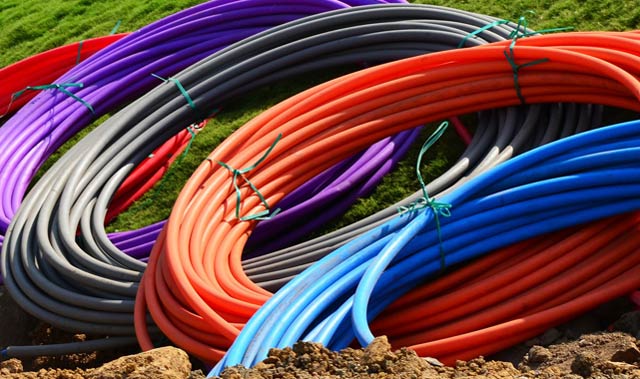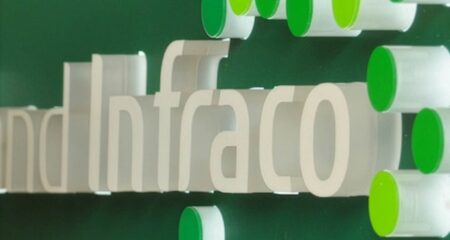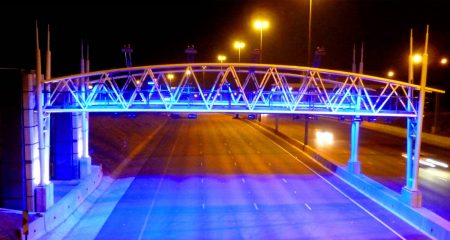
State-owned fibre-optic infrastructure company Broadband Infraco has appealed to government for a bailout to continue its operations.
On Tuesday, Infraco revealed to the parliamentary portfolio committee on posts and telecommunications that it requires an urgent cash injection of R243m. It also wants a further R932m in funding until 2019.
The demand for funding has hit government which holds 74% of Infraco and has already injected R1,8bn into the enterprise. Government expects Infraco to compete as a commercial entity.
However, according to the treasury department, the state enterprise only made a profit of R22,6m in its first year of operations, followed by losses.
“We note that Broadband Infraco has been undercapitalised,” said Sibongile Makopi, who is the department of telecommunications’ deputy director-general for state owned companies oversight.
“We note that Broadband Infraco has sustained in its history persistent losses, and has an obsolete network infrastructure,” said Makopi.
Infraco has made submissions to government every year since 2012 in terms of the medium-term expenditure framework for funding of R3,4bn, R2,6bn, R170m and R528m, department of telecoms & postal services documents show. This excludes its current funding request.
These requests, though, were unsuccessful, but this didn’t stop BBI from increasing its operational expenditure 12,6% over five years.
“If you give a guarantee to the company which they will use to borrow money, it’s going to increase their debt levels which will compromise its liquidity position,” said Makopi.
“Indirectly, if government gives these money allocations and guarantees, it will be subsidising the commercial contracts that Broadband Infraco has,” he added.
The committee also heard that Infraco’s financial problems partly stem from its cost structure not being in line with revenue.
“The cost of sales for the company has been higher than the revenue that it generates. This problem goes to the heart — to the core of the business of the company,” Makopi said.
In particular, he highlighted contracts that Infraco entered into that cost the company more than they generated in revenue.
“It’s like the situation where you buy an orange for R5 and you sell it for R4, which means there is a very serious problem with the business,” he asserted.
In her analysis of Infraco’s balance sheet, Othelia Groenewald, director of energy and telecommunications in treasury, said that a final allocation of R140m was made to the entity in 2011. — Fin24




